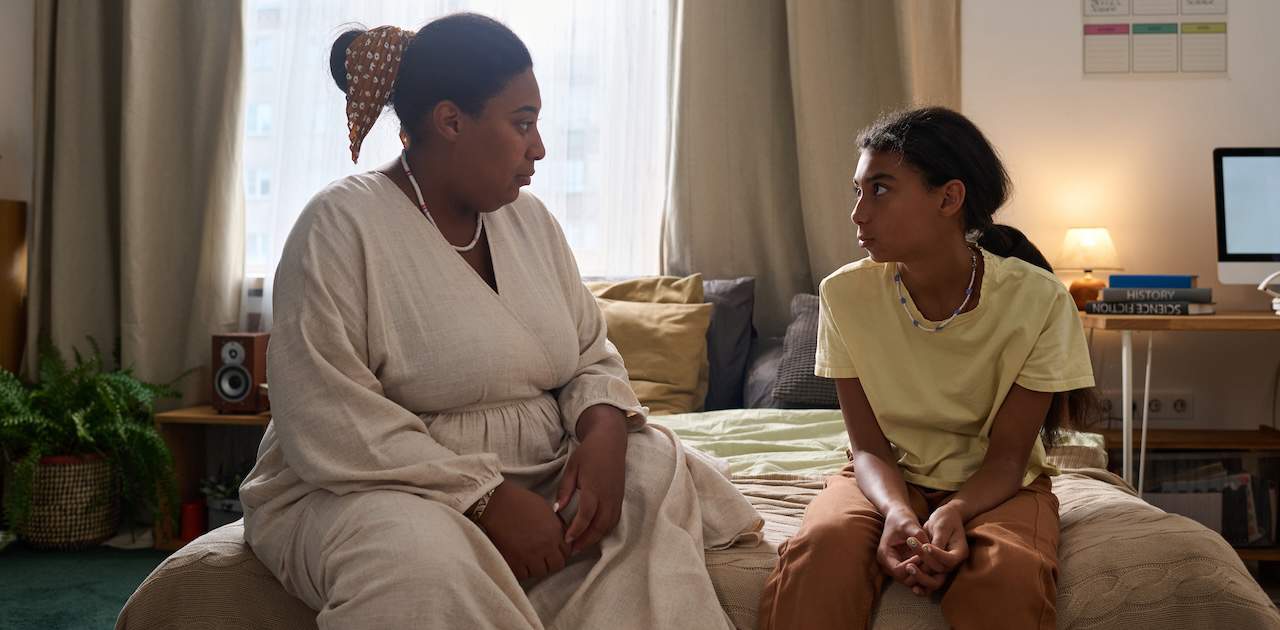It’s vitally important if a child tells you they’re being abused, or if they seem unsure what is happening to them is abusive, that you believe them. The stakes are too high not to even if they are in the tiny percentage of children making an untrue claim.
Recanting, false accusations of abuse, and unclear reporting
Since 90% of child abuse and sexual assault is perpetrated by someone a child knows — usually a family member — many people can find a claim of abuse hard to believe. This disbelief, either out of hope, fear, or sheer astonishment, can result in ignoring the child’s outcry.
Child Advocacy Centers (CACs) are at the forefront of helping children after a reported instance of abuse. Child protection professionals and advocates make a distinction between three broad kinds of outcries: recanting, false reports, and unclear reports.
- Recanting is when a child claims abuse did not happen when it actually did.
- False reporting is when a child (or adult) claims abuse happened when it did not.
- Unclear reports require more investigation and involve kids saying something that could be serious but might not.
Recanting is more common than a false report. The reasons are complex, but children may say abuse is not happening when it is for several reasons. The most common are:
- They’re afraid they may get in trouble, usually because a perpetrator has told them they would be if they told.
- They’re unsure what is happening to them. This is most common among very young children.
- They don’t want to believe the abuse is happening, so they try to ignore it.
- They don’t want to get someone they know in trouble.
In any of these situations, children may recant that abuse did not occur when it actually did.
False reporting accounts for as little as 2% of all child sexual abuse reports. This means 98% of child sexual abuse reports are true or have significant validity to them.
Unclear reports involve trained caseworkers screening calls or law enforcement officers investigating an allegation of abuse. If evidence suggests abuse may have occurred, the child is taken to a CAC where a forensic interview is conducted. There, trained forensic interviewers listen to children and interact with them further in a neutral environment designed for their age and developmental level.
Sometimes in the course of a forensic interview a child or teen reveals new details that suggest other people may be involved, or the people initially suspected of abuse aren’t involved. Other times it may reveal other perpetrators, victims, or a history of other alleged crimes.
However the forensic interview unfolds, forensic interviewers are working to ascertain what the child knows and remembers. If a case is still unclear, law enforcement and prosecutors will decide what’s next.
It’s a dangerous myth that some children are probably lying about abuse and shouldn’t be immediately believed
We know that most child abuse victims do not report the abuse, and those that do frequently do so years later — often into adulthood. We call this “delayed disclosure.” The reasons for delayed disclosure are complex, but in many cases children just do not have the vocabulary to understand or explain what is happening. That’s why when a child does come forward to disclose abuse, they are demonstrating a serious act of bravery.
Since most children lack the vocabulary to explain what is actually happening, it’s even more unlikely they have the vocabulary to make up a false allegation. Even teenagers are unlikely to be able to fabricate a serious allegation of abuse or sexual assault, maintain that story, and be able to answer questions from investigators.
A note on “reneging” on abuse allegations: When children do disclose abuse, some may “take it back” later. Since the necessary steps to arrest or investigate someone for crimes against children can result in a lot of stress, anxiety, and changes in a family, kids may seek to restore order and routine.
Children may want to “put everything back the way it was,” but this is rare and occurs in fewer than 10% of legitimate abuse cases.
You should believe kids when they disclose abuse, then follow these three steps
The first thing you should do after a child discloses abuse is believe them. Then:
- Tell them you want to help, or, if appropriate, that you love them and they were very brave to come forward.
- If it’s initially unclear what a child is saying, ask open-ended questions like, “How were you hurt?” Or, “Then what happened?” Avoid lengthy conversations or leading questions like, “Did a guy hurt you?” If they haven’t identified someone, the abuser could be female. Plus, these lengthy conversations can compound abuse, confuse young children, and distort their memories. Leave those detailed questions to professionals.
- Call 911 in an emergency, your local law enforcement agency, or in Indiana the Child Abuse Hotline at 1-800-800-5556. You don’t need evidence to report abuse and it’s your obligation under the law to report it regardless.

